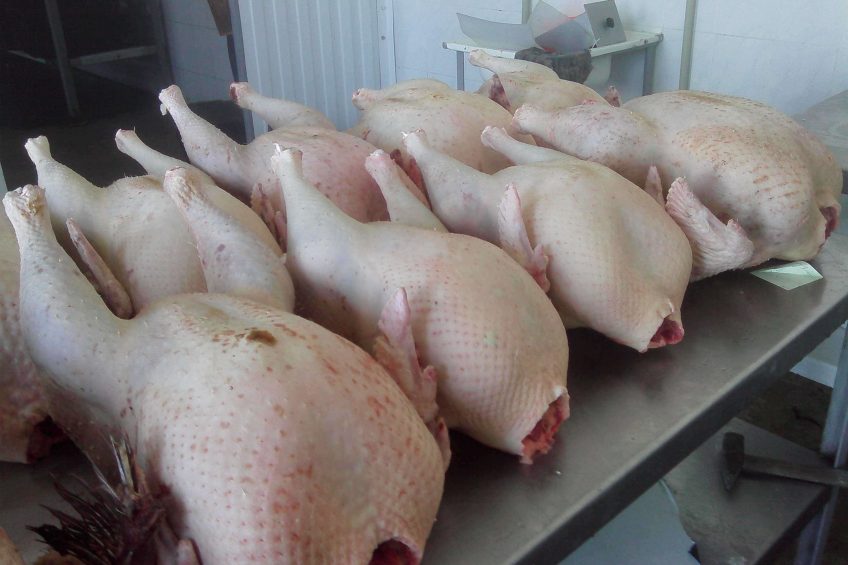Hopes high that South Korea will lift US poultry ban

Hopes are rising that South Korea will soon lift its ban on US poultry and that China may follow soon afterwards, leading to a substantial boost for US exports.
South Korea has banned poultry imports on a number of occasions since 2015 due to the presence of highly pathogenic avian influenza.
Last AI outbreak in US
Its latest ban came earlier this spring when the US Department of Agriculture reported an outbreak of HPAI at a Tennessee broiler breeding unit.
Evidence that South Korea is looking to reintroduce US imports came last month when it announced a dropping of all import duties on 28,000 tonnes of egg products from the US until the end of the year.
Check out the interactive Poultry Health Tool – with the latest insights on the 40+ most common poultry diseases.
US officially clear of AI
Today (Fri) marks the 90th day that the US has been officially clear of avian influenza, meaning that exports are allowed to resume under World Health Organisation (OIE) rules.
But while the reopening of the South Korean market would be a substantial boost to the US agricultural economy, the major prize would be the reopening of the Chinese market.
Poultry shortage in China
China has itself suffered from a number of major AI outbreaks and is believed to be short of poultry. The National Chicken Council has said, at its peak, China imported $722m of US poultry broiler exports.













